Potionomics composer Greg Nicolett discusses his work with Disney, how he learned the game composer’s process, and Shia LaBeouf’s unexpected influence on his career.
Greg Nicolett started our podcast chat by explaining the baby seat sitting behind him in his home recording studio. His new son, Julian, is only a few months old, and Greg is staying as involved as possible as his wife prepares to head back to work. This brought back memories of my earliest days as an indie, frantically working to get new projects off the ground as my own infant son napped in his rocker behind me. It’s pleasant to look back on now, but it was scary as hell while it was happening.
Houses, spouses, and babies are often positive signs for entertainment industry contractors like Greg. He is a composer (among other things), and this means there’s potential for unsteadiness in his work as projects start and stop across TV, film, and games. When a job is complete, studios sometimes cut loose specialists like writers and audio designers so they don’t cost money during the earliest stages of whatever comes next. This makes it difficult to do the kind of long-term planning many of us take for granted. To approximate steady work, folks in these roles often juggle contracts with several studios simultaneously. Staying busy means staying above water, and Greg is staying busy.
Recently, Greg has regularly contributed to several animated shows for Disney including T.O.T.S. and Puppy Dog Pals with more projects on the way. This made him a vital addition when Voracious Games lead Aryo Jati Darmawan wanted to build a team that could capture Pixar-style charm in an indie game. That game, Potionomics, just launched featuring a hugely ambitious soundtrack that has placed Greg’s music front and center. It’s reached as high as the number one bestseller, briefly beating Call of Duty and other major releases on Steam.
Greg has collaborated with the Potionomics team since the game’s earliest stages, which is rare for a composer.
“He really wanted some music written in advance of even having the game loop done because he wanted it to help pitch to investors,” Greg says about Jati Darmawan’s plans. “He was very investor-focused at that time because, as an indie game, funding is sort of life or death. That’s everything.”
The game’s funding allowed Greg to compose for a live 62-piece orchestra in Budapest featuring 14 soloists. You can see incredible clips of the process on his Twitter feed.
Not only did Greg have to manage the recording sessions remotely, but he also had to navigate a language barrier.
“When you have those dots on a page, they’re the same dots that I look at, so it is the same language physically, but at the end of the day, you can only get so much on a piece of paper,” Greg says of the composition process. “You still want to be able to talk to them. Sometimes with Budapest I’ll write instructions in Hungarian, and they get a good chuckle out of that.”
Greg’s competence and comfort with composing for live musicians traces back to a well-funded arts program at his Connecticut high school. Due to the school’s unique block scheduling system, band students could get long periods every day to practice and learn the fundamentals. We were both marching band kids. I drilled every day right through my summers, only to abandon the field completely when I went off to tech school. Greg later got to perform with an extremely cool street theater marching rock band. Not that I’m a little bitter or anything.
A precursor of things to come, Greg briefly studied under a famed Disney composer fresh out of high school as one of the final students of the Buddy Baker Workshop in New York. Buddy, known for scoring classic Disney films such as The Apple Dumpling Gang, The Many Adventures of Winnie the Pooh, and The Fox and the Hound, was ending a long, successful career when a young and nervous Greg Nicolett crossed his path.
“I think when you’re his age…he was really up there…your BS is just gone, so he would just tell me exactly what he thought,” Greg joked of their time together. “‘This is too fast.’ ‘This isn’t a good melody.’ ‘Rewrite this.’ He would sorta just go right for it…”
Greg’s earliest efforts to get a foot in the door of the industry paid off big. Responding to a Craigslist ad earned Greg the opportunity to score an internal documentary about the Mariani fruit company. Much to his surprise, the production company’s next project was a web series for the WB hit show Smallville. As the last composer the company had worked with, Greg got the job. Hoping to maintain his momentum thus far, he headed to LA in 2007.
Greg has done a little of everything since moving to California. He did assistant work with established composers and worked for Emmy and BAFTA winner Bear McCreary. He won a bid to do a commercial campaign for Microsoft based on a business card passed along at a party. During a stretch of burnout, he even branched out into video editing where his senses of rhythm and pacing served him well.
Greg tells me he feels like every composer has a completely random, unrepeatable set of events that leads them to whatever they end up doing. His eventual pathway to working with Disney proves it.
Starting in 2011, Greg’s friend Rob Cantor–a guitarist and vocalist for rock band Tally Hall–started working on comedic musical content to distribute online. His 2012 song Shia LaBeouf received such an encouraging response on SoundCloud that Rob slowly started work on a concept for a live video version of the song. To say that the idea was ambitious may be an understatement.
“He had written the song, and he wanted someone to make it epic, basically,” Greg recalls. “He had all these ideas for the visuals, but he needed somebody to basically create the choir parts, write the string quartet parts–originally it was for orchestra, but we had to pare it back–so I did that. The video went crazy viral.”
Greg arranged the final music for two choirs, a string quartet, and a band. He can be seen at the piano in the video.
People use the term “viral” somewhat generously. “Shia LaBeouf” Live has 79 million views. It is certified crazy viral. It became such a social media phenomenon, it spawned a viral gif of its own:
Rob Cantor eventually leveraged his talent for silly songs to break into the animation world at Disney. When the opportunity arose to introduce a composer with which to collaborate, Rob tapped Greg for the work. And so it was that the collaborators behind Actual Cannibal Shia LaBeouf reunited at Disney to thrill preschool audiences.
The wealth of experience Greg gained contributing to dozens of episodes across multiple series at Disney helped power his most recent foray into the game industry. Wanting to join his appreciation for games with his career, he started attending area conventions like GDC, PAX, and IndieCade. This led to a chance meeting with Voracious co-founder Corey Blackburn which eventually led to the call to join up at the start of the Potionomics project.
By this point, Greg had developed expertise in composing for live musicians, moviegoers, and even kids. Now he had to learn to compose with players in mind.
“Because the team is so small, I got to have a lot of insight into implementation of the music,” Greg says. “How it works, when it triggers, how it loops, maybe some random number generation in terms of which sections loop more or less frequently. I got to be really hands-on and do all of that implementation myself.”
Greg gradually learned a wealth of new tricks to match music with available time, stretch tracks dynamically where needed, and build in opportunities to give the player’s ear a break. It’s a lofty bar that many indie projects aren’t able to attempt.
The challenge for Potionomics specifically, Greg says, was to create memorable music without being annoying. Jati Darmawan worked closely with Greg to plan a soundtrack focused on music that created strong impressions that could be tied to individual characters while staying dynamic at playtime and rarely taking control away from the player. Nearly every sequence in the game is skippable, so melodies needed to accommodate both players who like to take extra time while reading their way through prompts and others who may jam the skip button at random.
“That was sort of what we had to work out, and that’s all trial and error, honestly,” Greg admits. “That’s writing the music and putting it into the game, playing the game, and then realizing, oh, that doesn’t work at all. We have to change the music or at least implement it differently.”
While we didn’t discuss budgets for Potionomics, Greg describes Voracious Games as a scrappy studio that’s attempting to punch above its weight. This has led to what seems like years’ worth of great work for Greg. On the part of the studio, it looks like a huge calculated risk on a relatively niche title. Voracious and players both win if it reaches an audience at scale; if it doesn’t, those investors will be more risk-averse regarding similar projects in the future. Indies deserve to occasionally work with pro-level support, so it matters what happens when small teams really swing for the fences.
The challenge for Greg now–like back in the Smallville days–is maintaining his current momentum. He wants to capitalize on the early success of Potionomics, so he’s engaging with fans and players on Twitter and graciously entertaining my endless questions over Zoom. It’s an opportunity to help get re-established with listeners outside the ages 2-7 demographic. It’s difficult to imagine Voracious trying the next project without him, but they have to get the green light for one first.
I inquired as to whether Greg fills his precious downtime with any music work all his own, and he told me the question used to make him feel guilty for not hustling on any big secret upcoming album. More recently, he says, he’s become more comfortable leaning into what keeps him in demand.
“I’ve just started accepting the fact that, as a composer, as a musician, my medium really is film music,” he says. “I like writing for film and TV. I like writing for games. I love the collaborative process…So, no, I don’t feel bad or necessarily feel a drive to write other music.”
Potionomics, including a bundled soundtrack and art book, is available on Steam with a possible future release for consoles. To support Greg directly, listeners can find the soundtrack on Bandcamp and streaming platforms. Greg posts his work as well as news updates under @GregNicolett on Twitter.

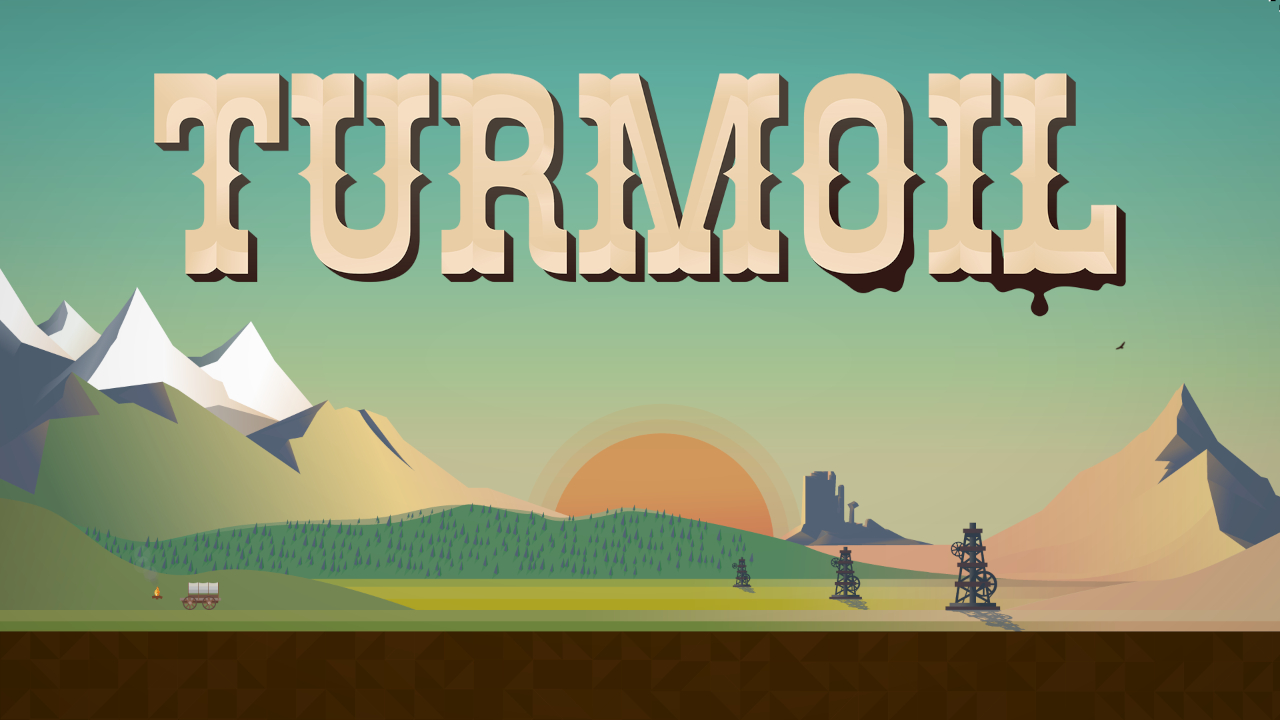
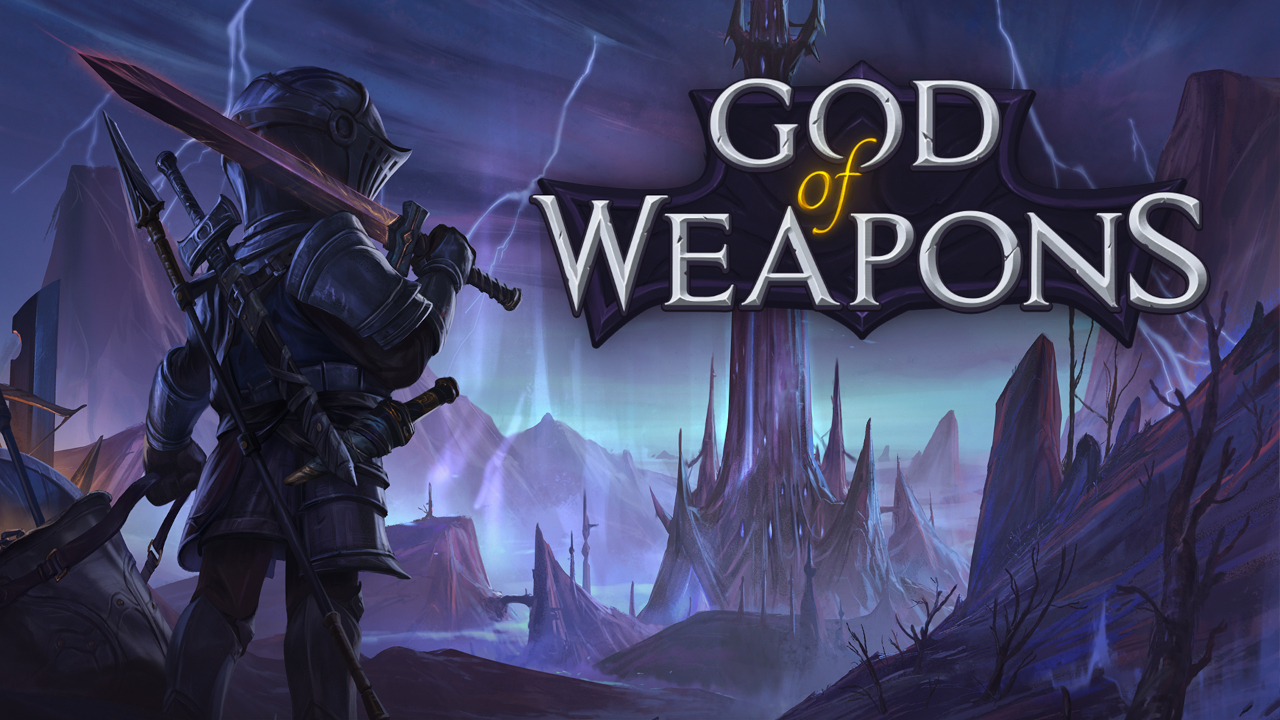
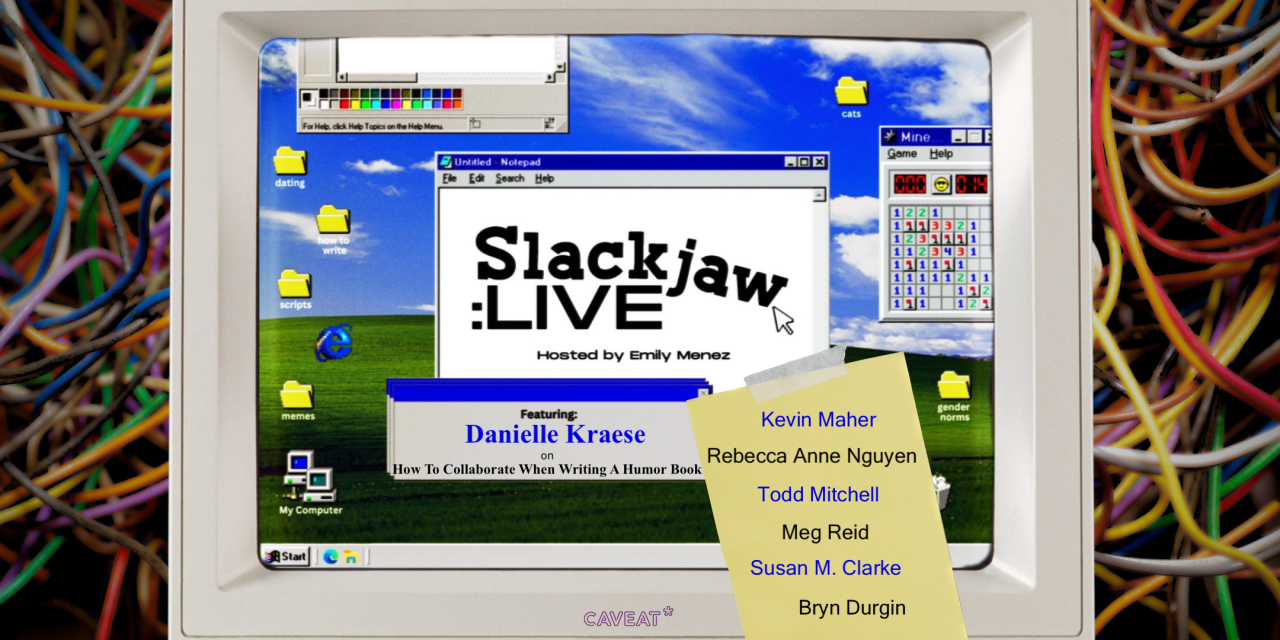
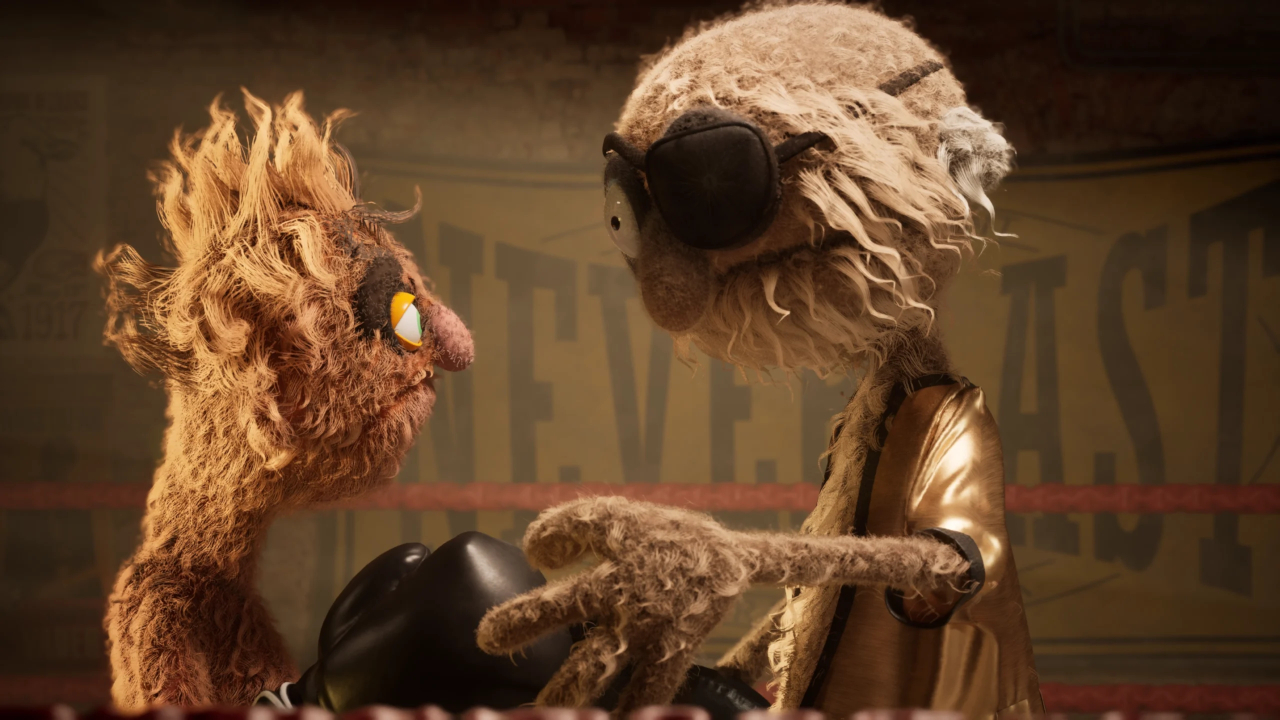
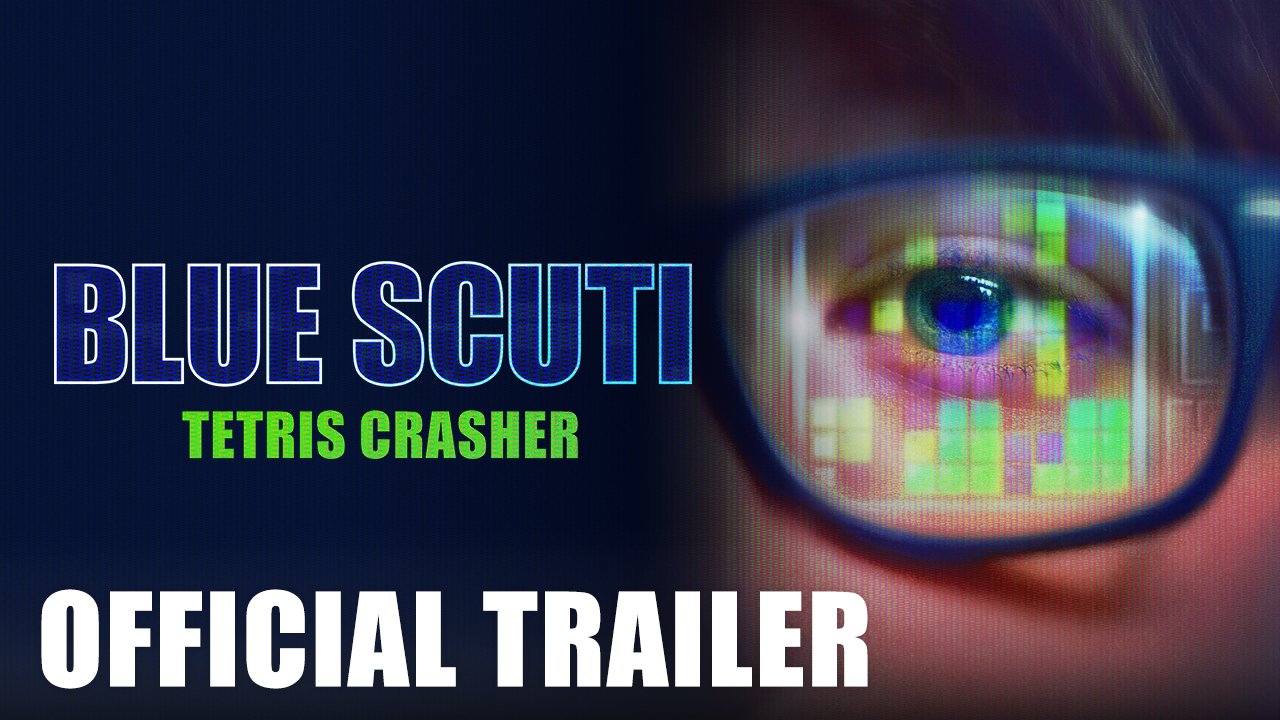
Leave a Reply